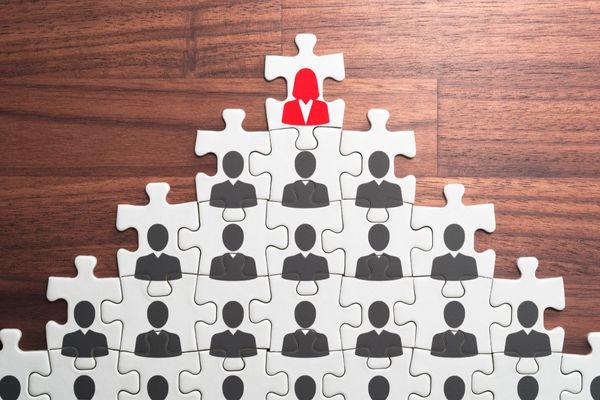Advice from One Parent to Another
August 01, 2017
When tragedy struck Park City almost year ago, the outpouring of questions from parents and community members was all consuming. Most importantly, parents wanted to know what to do to ensure their children did not possess the dangerous drug that had contributed to the loss of two young lives or any other illicit substance.
In conjunction with the chief of police, we held press conferences to share the best advice we had. Subsequently, I heard from a mother who said she appreciated what we were doing to address everyone’s anxieties.
This mother went home from the press conference and began searching her son’s belongings. She discovered drug paraphernalia and took him to be drug tested. With a positive result, the family began swift intervention with counseling, changes to the son’s activities and frequent parental browsing of the son’s cell phone. What the mother obtained by her “snooping” was shocking. The social media posts, mainly on Snapchat, were graphic.
Acting quickly, she began using her phone to record the images so she could share with parents of the other children who were trading messages and images with her son. It created a shocking awareness among parents, but even more so, it created a parent network of support. In addition to the shared support, this network has allowed parents to reduce their children’s exposure to risky behaviors promoted through social media.
The mother of the drug-tested boy was so serious about changing these behaviors that her son is now the proud owner of a flip phone.
As a parent of a teenager myself, I know that the phone is the status symbol, yet when faced with the dangers and exposure to these behaviors, parents must continue
to be a presence in their children’s business. Parents are safety advocates, and research shows that parents are the No. 1 reason cited by children for not abusing harmful substances.
My Recommendations
These are the recommended actions I share with parents when dealing with their children.
- Be clear with your words: Drugs are illegal and not allowed.
- Be aware of any noticeable change in behavior of your child.
- Do not be embarrassed to call for help. States and communities operate hotlines and help lines.
- When in doubt, take your child to get drug tested. Your child lives in your house, under your care. The worst case: You have a positive test, allowing you now to intervene and get help. The best case: The drug test is negative and you now have clear boundaries.
- Turn off children’s personal technology every night. (Apps are available that shut down devices.)
- Store children’s electronic devices overnight in your bedroom.
- Be nosy. Occasionally go through your child’s backpack and belongings.
- Look through small containers, especially those unmarked or found near old/worn packaging.
- Be wary of nose inhalers and eyedroppers. If you didn’t buy them for your child, confiscate them.
- Notice items that seem to be tampered with, such as markers or pens with tubes removed. Substances can be hiding in these containers.
- Do not give your children a credit card. If they need money, obtain a bank card and watch every transaction.
- If you receive a delivery package you did not order, open it, especially if unmarked or from overseas.
About the Author
Ember Conley is superintendent of the Park City School District in Park City, Utah.
Email: econley@pcschools.us. Twitter: @Dr_Ember
Advertisement
Advertisement
Advertisement
Advertisement



